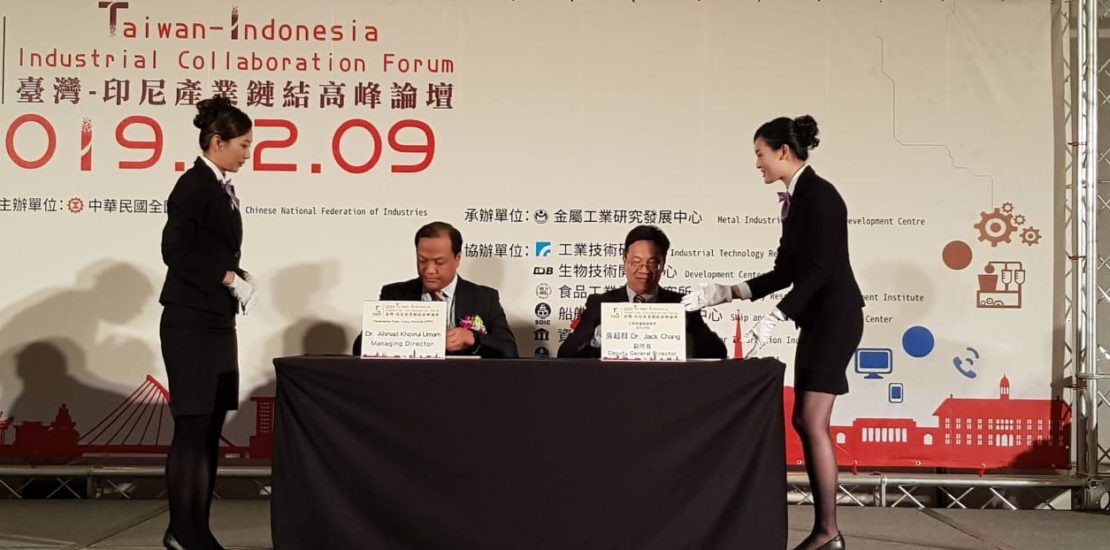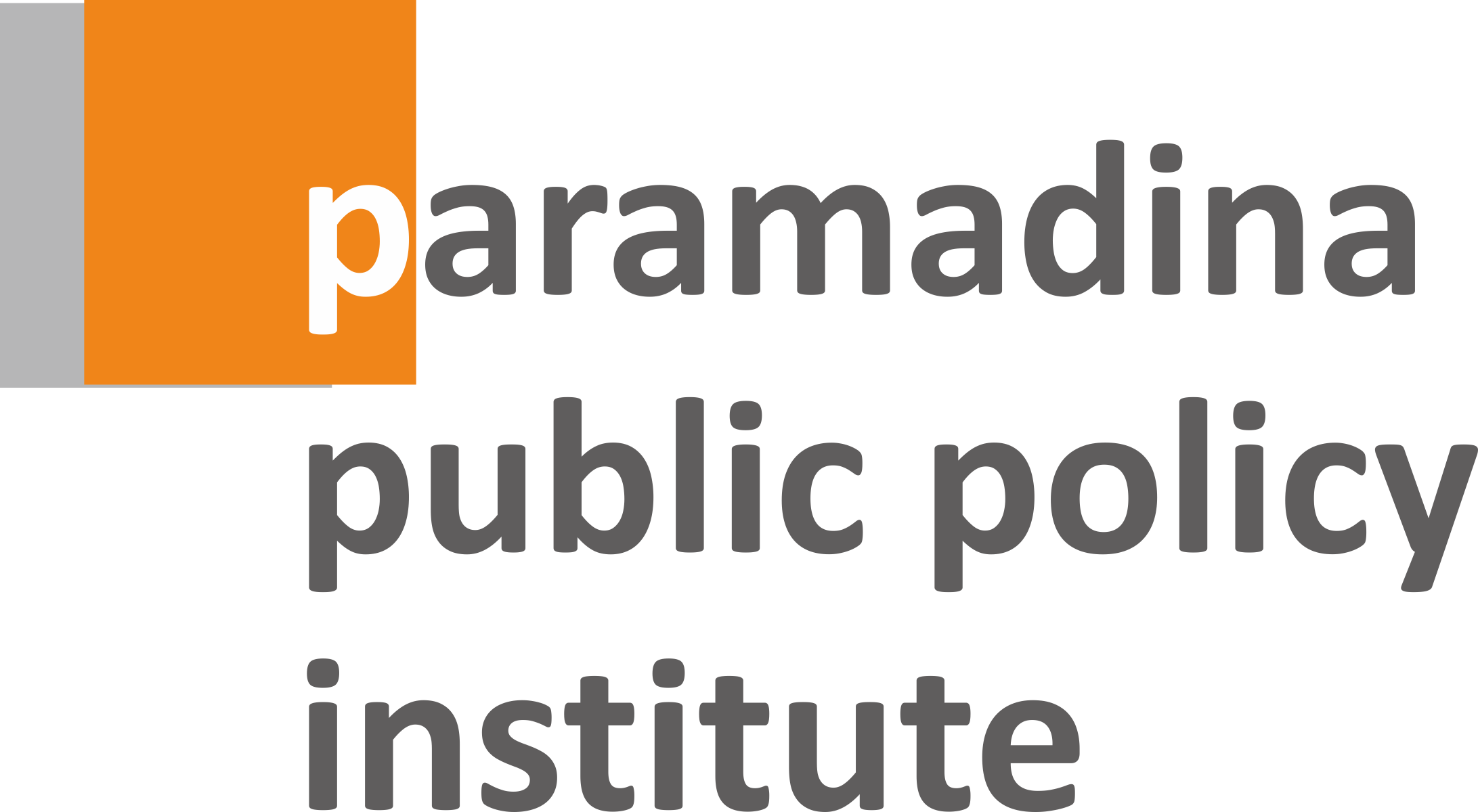- December 10, 2019
- Posted by: Muhamad Rosyid Jazuli
- Category: Economics, Education, Innovation, News

Jakarta (ANTARA) – The Paramadina Public Policy Institute (PPPI) of Paramadina University, Jakarta, entered a cooperation agreement with the Industrial Technology Research Institute (ITRI), a Taiwanese research institute, to develop technological innovations, particularly the development of start-up companies.
“The cooperation agreement (MoU) between ITRI and PPPI was signed in Taipei on Monday (Dec 9) on the sidelines of the 2019 Taiwan-Indonesia Industrial Cooperation Forum (TIICF),” PPPI Managing Director Dr Ahmad Khoirul Umam noted in a written statement in Jakarta, Tuesday.
Some points of agreement encompass cooperation in the field of technological innovation, innovation model of cooperation, and innovation in the development of startup companies.
“As a think tank focused on public policy in education and investment, we see the need for this cooperation to create public policies to support technological innovation in Indonesia,” he emphasized.
Furthermore, Umam expressed optimism that this cooperation would serve as a bridge between both nations to intensify productive cooperation in future. This especially holds significance since Taiwan currently already has a strategic policy to deepen cooperation with Southeast Asia, particularly Indonesia, as a country, with the largest economic power by GDP in the region.
“Hence, we call for a steady increase in ‘business-to-business and people-to-people engagements’ to realize prosperity in the region and provide opportunities for all,” Umam stated.
ITRI Deputy General Director Dr Jack Chang expressed hope that companies from Indonesia would be able to find the right technology from ITRI.
Moreover, he suggested to unitedly develop services and technologies that are customized.
Chang noted that Indonesia is a potential market for technology since it is one of the largest nations in Asia and development in this field can be achieved, both through cooperation with several universities or between companies.
“Many Taiwanese companies want to work together but do not know who their potential partners are. As think tanks, we will help to serve as a bridge for them,” Chang stated.
ITRI is a non-profit research and development (R&D) organization involved in applied research and technical services. Since its establishment in 1973, the ITRI has played a vital role in transforming Taiwan’s economy, from a labor-intensive to a high-tech industry based on technological innovation.
ITRI has incubated more than 280 innovative companies, including well-known technology-based companies in Taiwan, such as United Microelectronics Corporation (UMC) and Taiwan Semiconductor Manufacturing Company (TSMC).
The ITRI currently includes research laboratories in the fields of environment and green energy, communication research, and information and biomedical technology.
In addition to having headquarters in Hsinchu, Taiwan, ITRI has branch offices in Silicon Valley in the United States, Japan, Berlin, Moscow, and the Netherlands. Currently, ITRI has also collaborated with other leading universities in the world, such as Stanford University.
Technology partner
In the meantime, Director of the Electronics and Telematics Industry at the Ministry of Industry Janu Suryanto highlighted the need for Indonesia to develop technology and knowledge to boost economic growth.
Indonesia had recorded a mere five percent economic growth until the third quarter of 2019.
Some research studies showed that industries in Indonesia, particularly electronics, faced 10 hurdles, including limited domestic funding and technology.
Furthermore, a lack of trained human resources and the absence of an innovation center hindered research studies. Hence, we need a technology partner, Suryanto stated.
He noted that the imports of Indonesia’s electronics had reached US$12 billion in 2018. To this end, the government is promoting foreign investment by inviting technology-based investors.
Suryanto noted that Taiwan was one such investor that was highly advanced in the field of technology. (*)
This article is originally published on Antaranews.com
